Weekly recap (Oct 24, 2025)
Polyglot data science pipeline (R+Python+Julia) with rixpress, EuroBioC2025/BCN, Python packaging for R devs, Python in 2025, R/Pharma, DARPA, ASHG, the R Data Scientist, Quarto, universities and AI
Bruno Rodrigues: A Polyglot Data Science Pipeline with rixpress. This post demonstrates the power of the rixpress R package to build, orchestrate, and execute a fully reproducible, polyglot data science pipeline. The pipeline (1) simulates synthetic economic data using a macroeconomic model in Julia; (2) trains a machine learning model on this data to make forecasts in Python; (3) visualizes the model’s performance in R.1
The 2025 The European Bioconductor Conference recently took place in Barcelona, one of my favorite cities in the world. Laurah Ondari writes a EuroBioC2025 conference recap on the Bioconductor community blog.
Yohann Mansiaux: Python package development for R developers.
R/Pharma conference (free!). R/Pharma is a scientifically & industry oriented, collegial online conference focused on the use of R in the development of pharmaceuticals, with breakout in-person and APAC satellite events.
University of Virginia rejects the compact.
Smart-RBC: Interesting new program from DARPA BTO to engineer red blood cells to alter human physiology (sense, decide, act) to (1) increase exercise tolerance and (2) accelerate hemostasis.
Jumping Rivers blog: What’s new for Python in 2025?
Albert Vilella: Everything you need to know from ASHG25 (partially paywalled).
Ethan Mollick’s Opinionated Guide to Using AI Right Now.
There’s now a CRAN Task View for Anomaly Detection.
The R Data Scientist (Oct 21 2025): Community & digests, stats & stories, packages & tools, authoring & visuals, applied modeling, methods & tutorials, academic research.
(From the above newsletter) clitable: a new R package to easily print pretty tables in the terminal.
(Also from the R Data Scientist newsletter above) Quarto Wizard 1.0.0: Democratising Quarto Extension Management.
See also the Quarto Extension directory.
Nature News: Universities are embracing AI: will students get smarter or stop thinking? I think both. AI is incredibly helpful in helping me learn about complex topics (most recent: quantum computing in genomics). On the other hand, the temptation to outsource reading/writing to AI is strong, and I feel dumber as soon as I do.
rOpenSci newsletter, October 2025: community call, working, new packages, peer review, package development corner, git tricks.
Great long read by Alex Wakeman on Asimov Press: Why Nigeria Accepted GMOs. Genetically modified crops are finding a foothold in the Global South, producing some unlikely leaders in agritech.
Google Blog: Google’s Gemma AI model helps discover new potential cancer therapy pathway. Here’s the preprint published a few days prior: Scaling Large Language Models for Next-Generation Single-Cell Analysis.
Finally, a few other papers and preprints that caught my attention this week:
Locityper enables targeted genotyping of complex polymorphic genes
Redefining cellular reprogramming with advanced genomic technologies
PRISM-G: an interpretable privacy scoring method for assessing risk in synthetic human genome data
Generative AI for Biosciences: Emerging Threats and Roadmap to Biosecurity
Living Framework and Guidelines for Information Disclosure in Biosecurity
Simple scaling laws control the genetic architectures of human complex traits

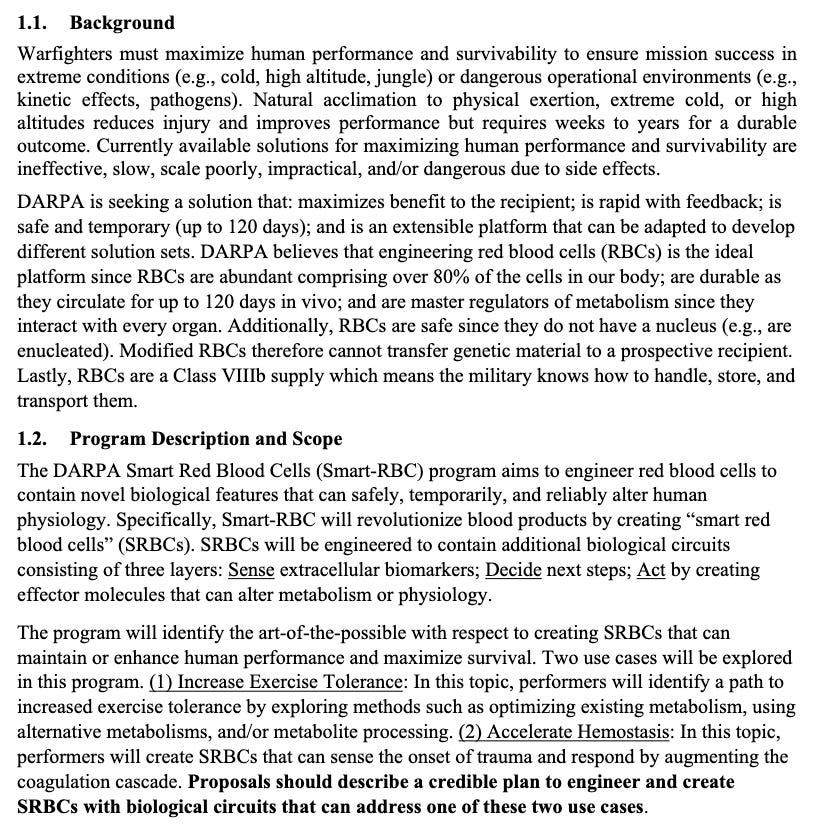
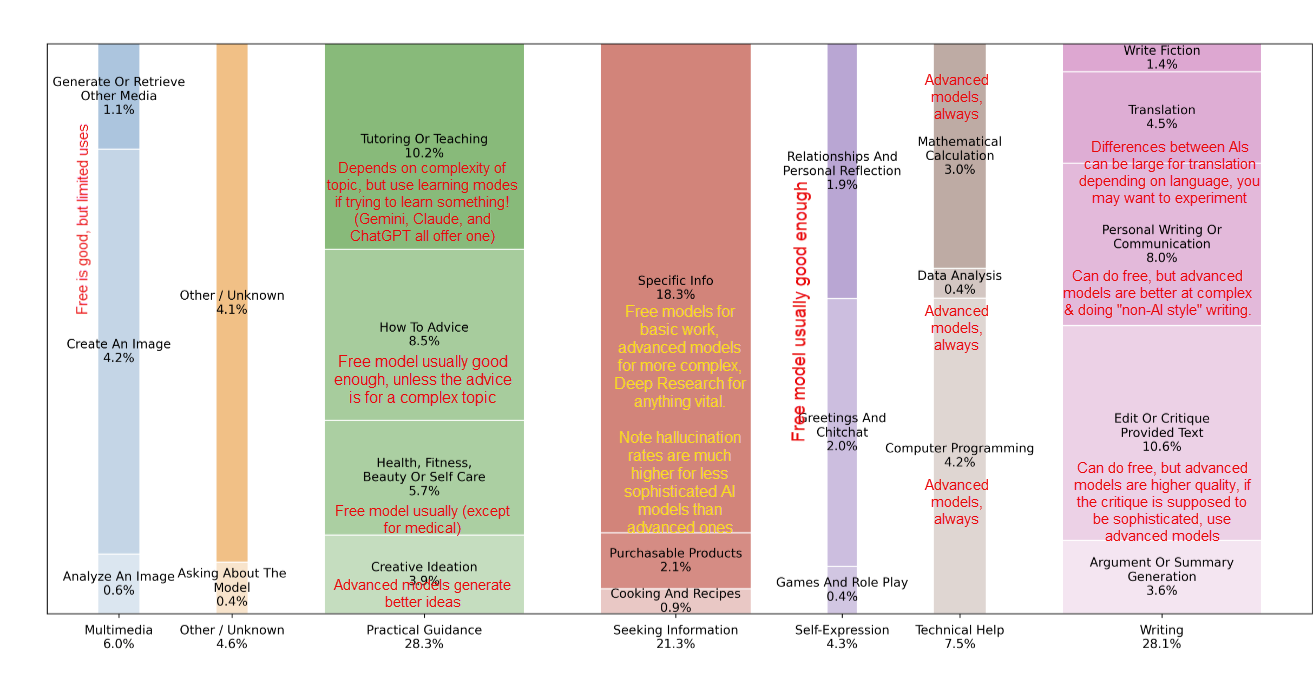
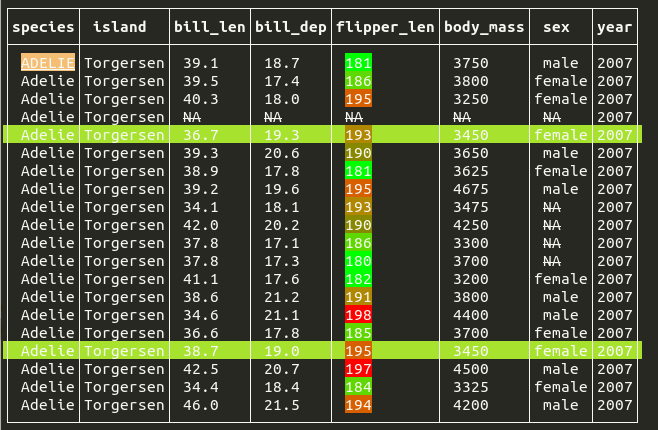
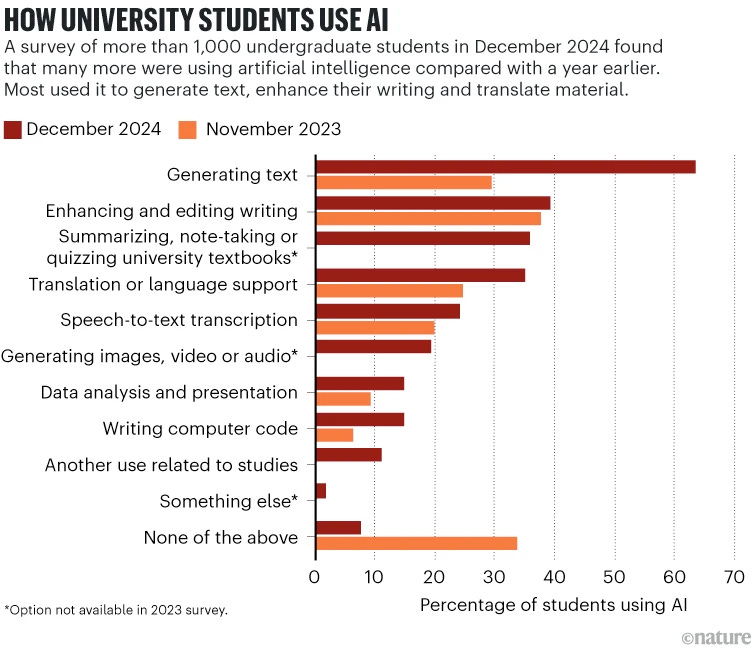
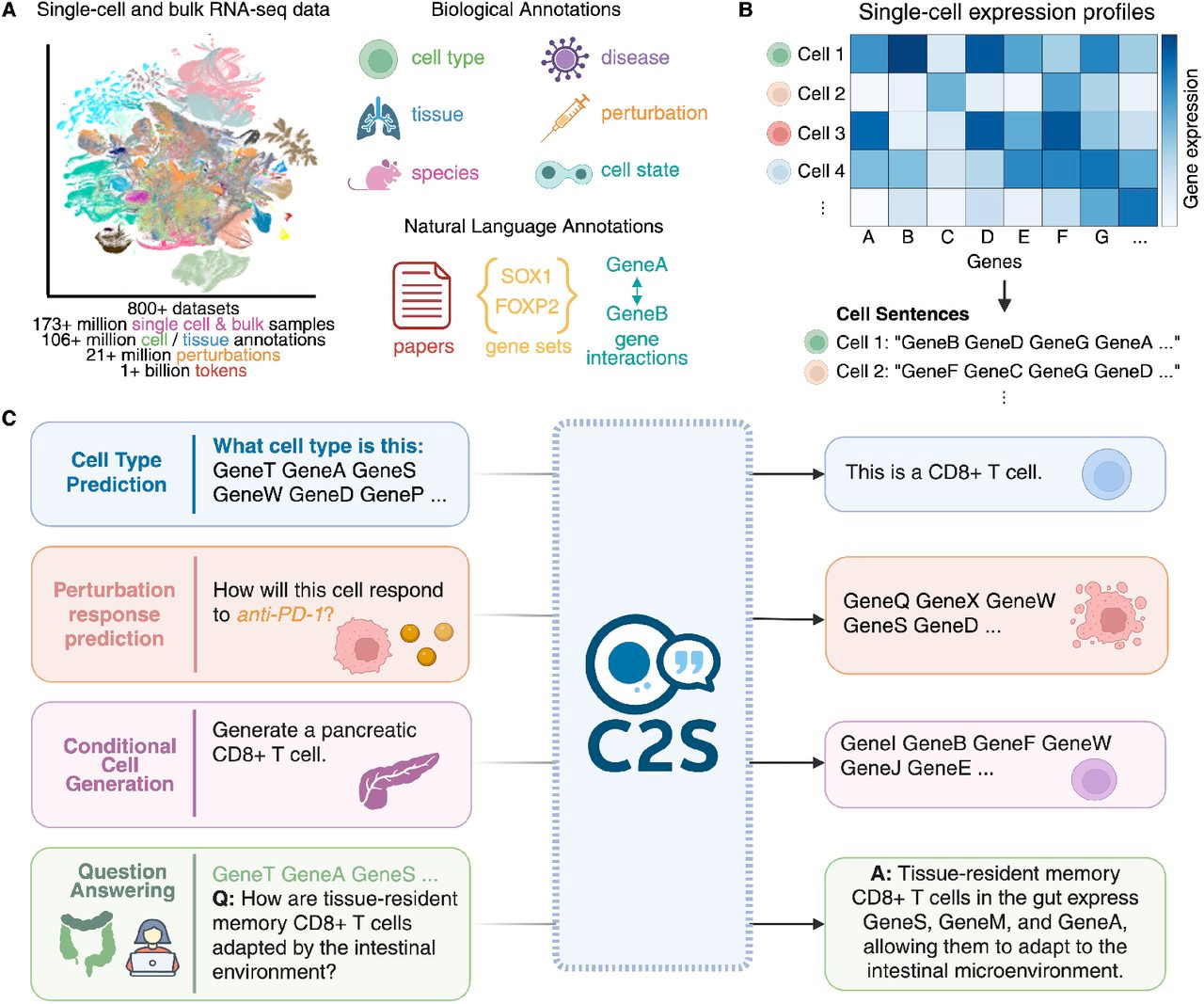
Great roundup! The rixpress polyglot pipeline is super smart; I'm always looking for ways to make our coding projects less fragmented. What do you think is the biggest hurlle for getting truely polyglot data science into widder adoption? You always find the most insightful developments!